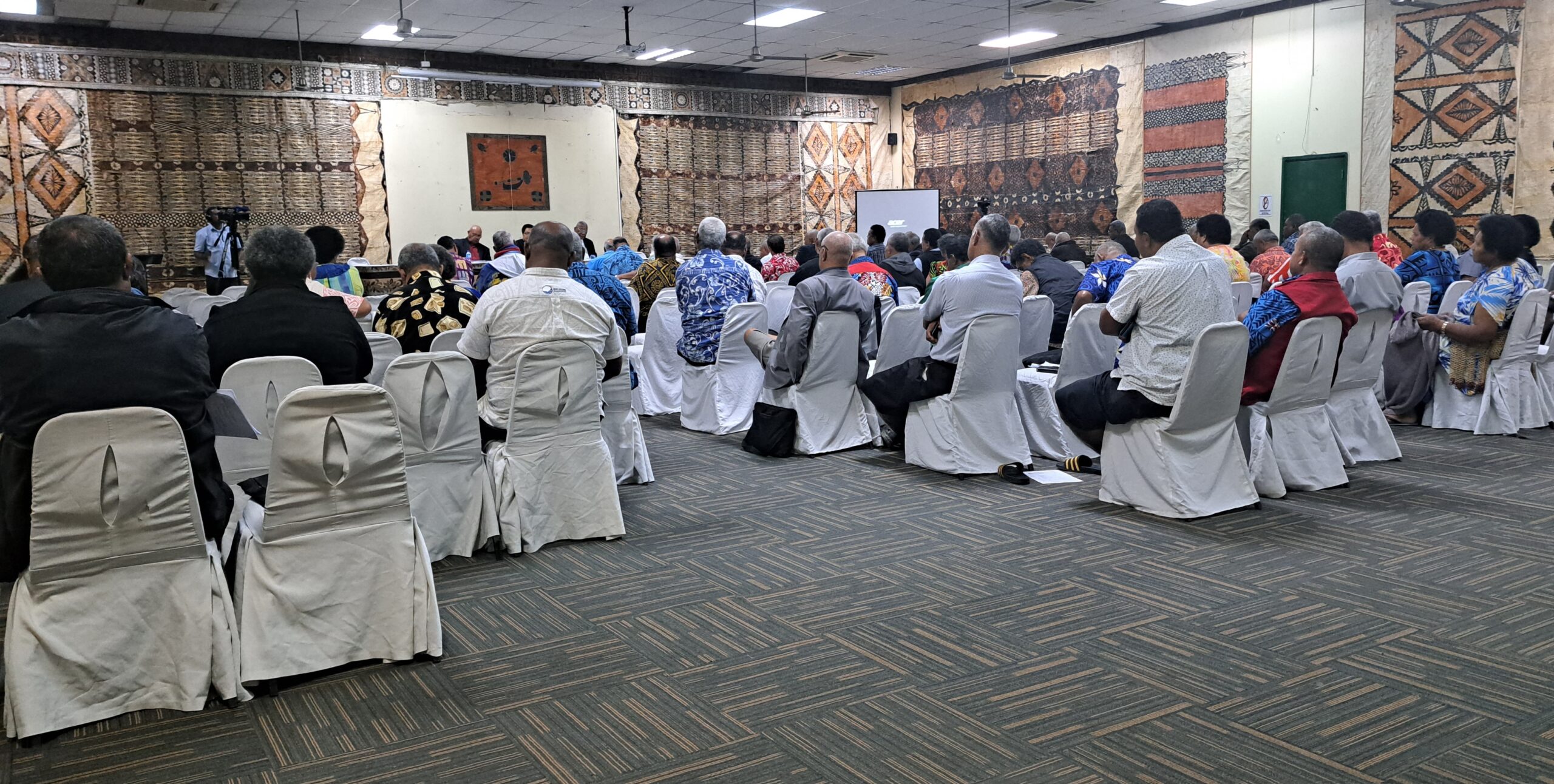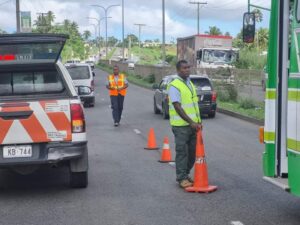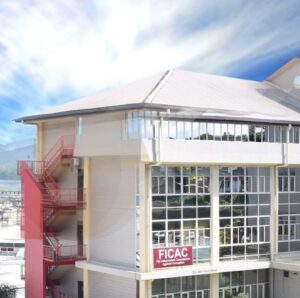The need for robust legislation to protect the Great Council of Chiefs (GCC) from future government interference has resurfaced during the Lau Province consultations held in Suva this week.
GCC Committee member and lawyer Graham Leung said the view is prevalent among the provinces they visited, saying, “There’s a lot of passion or feeling that the GCC is the institution many Itaukei relate to. It is the embodiment of the custodian of values of traditions and customs that the indigenous people of this country have historically looked up to.”
In their consultations across the country, 13 out of 14 provinces have expressed a similar viewpoint, leading up to the final round of discussions in Kadavu which starts today in Tavuki.
Before its disestablishment in 2012, the GCC was provided for in the Fijian Affairs Act.
Amidst the discussions, Leung noted another recurring demand for the GCC to play a more prominent role in the economic empowerment of indigenous people. Leung underscored the importance of addressing these concerns, stating, “A lot of frustrations [have been] expressed regarding their perceived disempowerment [and] limited participation in the financial sector.”
There have also been strong recommendations from participants to ensure the GCC remains politically neutral, focusing solely on matters concerning the ‘vanua’.
The evolving multicultural and multi-ethnic nature of Fijian society presents a challenge for the GCC to navigate its role effectively. Leung acknowledged this, saying, “Fiji is a multicultural society, multi-ethnic society, and so the challenge for the GCC is to determine how best it can operate in this new environment.”
During the Lau consultations held at Studio 6 in Suva on Monday, it was put to the committee that the GCC should actively advocate for laws that reinforce the foundation of iTaukei culture, language, and vanua protocols. The province recommended that the GCC proactively monitor existing laws and propose corrective measures, particularly those related to land, resources, and the daily lives of iTaukei people. In an effort to promote better understanding, the province suggested translating major laws into iTaukei language.
Addressing the issue of membership, Solomone Nata, who presented the submission on behalf of the province, highlighted the significance of determining membership through cultural protocols and processes associated with inherited chiefly status. However, Nata proposed that the GCC or the Bose Levu Vakavanua (BLV) could engage specialists, advisors, and representatives from various fields through an advisory committee to provide specialised support.
“Membership in BLV should be determined by the BLV itself through a consultative process involving all chiefs at the national level,” he said. “Each province may nominate four representatives to the BLV, including the provincial high chief, along with three members nominated through the provincial bose ni turaga. Alternatively, a province can nominate members through the advice of a provincial think tank.”
The Lau province also put forward several suggestions aimed at strengthening the economic resilience of indigenous iTaukei communities in the face of climate change and global development. These recommendations included implementing resource taxes on natural resources and establishing a reserve fund to support community resilience.
The consultative process will conclude in Kavala, Kadavu tomorrow, after which the committee will review around 800 submissions. Their findings and recommendations are expected to be submitted to the government next month.









